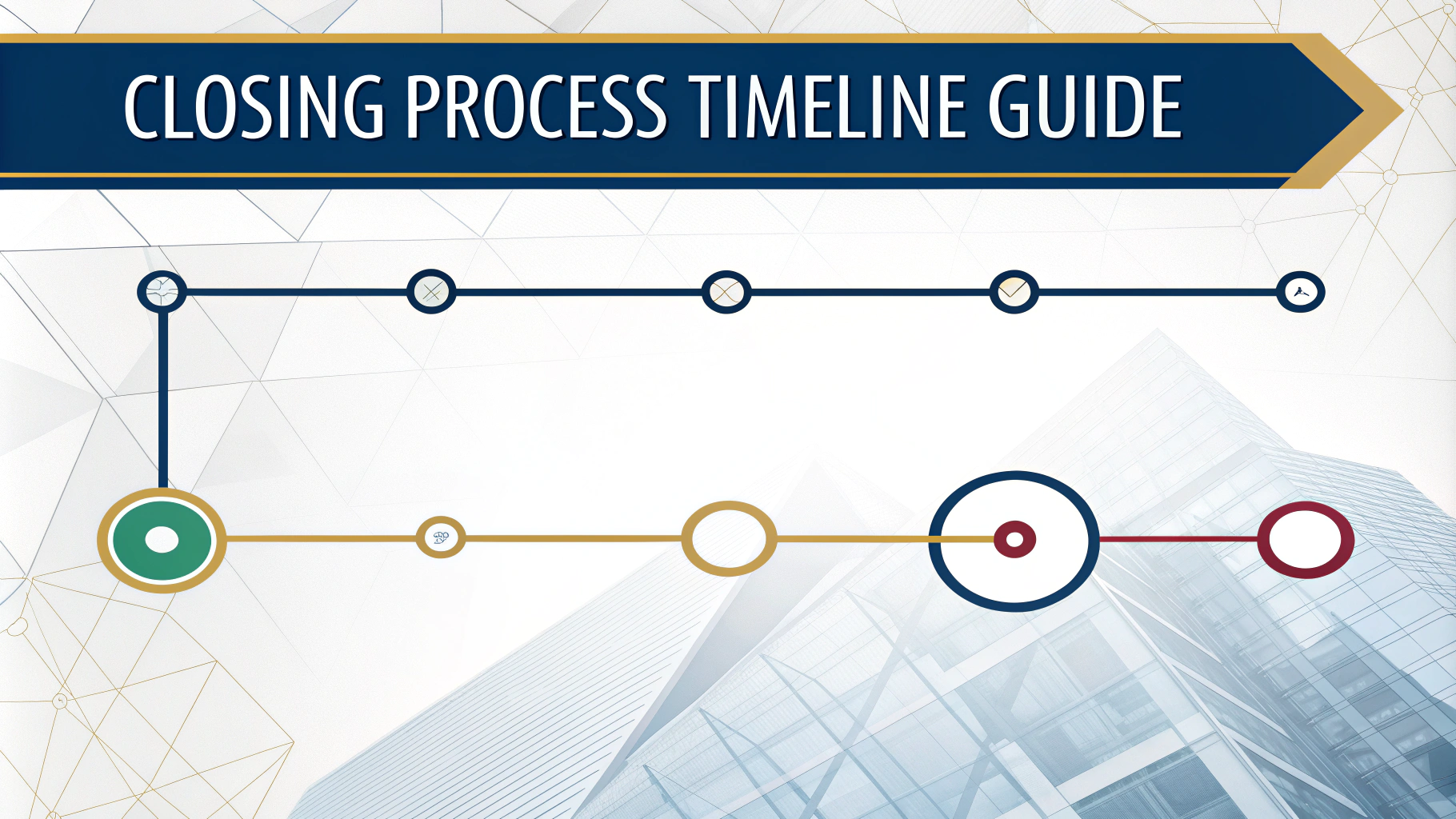Real estate investment laws vary significantly between U.S. states, impacting how investors can purchase, renovate, and sell properties for profit.
State Licensing Requirements
Most states require house flippers to obtain specific licenses when conducting frequent property transactions.
- Real Estate License: Required in states like California and New York for investors doing multiple transactions
- Contractor’s License: Needed in states like Florida and Texas when managing renovations
- Business License: Essential for operating as an LLC or corporation in all states
Property Disclosure Laws
Each state maintains different requirements for disclosing property conditions to buyers.
| State | Disclosure Requirements |
|---|---|
| California | Natural hazard + comprehensive property condition disclosure |
| Florida | Known defects + flood history |
| Texas | Seller’s disclosure notice covering structural + system conditions |
Renovation Permits
Local building departments regulate construction permits and inspections for property renovations.
- Structural changes require permits in all states
- Electrical work permits needed for circuit modifications
- Plumbing permits required for pipe modifications
Tax Considerations
State-specific tax laws affect profit margins on house flipping projects.
- Capital gains tax rates vary by state
- Property tax assessment methods differ
- Some states offer tax incentives for improving distressed properties
Legal Protection Strategies
Smart investors implement these protective measures:
- Form an LLC or corporation for liability protection
- Maintain proper insurance coverage
- Document all transactions and improvements
- Use state-specific legal contracts
Resources
Contact these organizations for state-specific guidance:
- National Association of REALTORS® – State chapters provide local investment guidance
- National Association of Home Builders – Construction regulation updates
- State Real Estate Commissions – Licensing requirements and regulations
Common Violations to Avoid
- Working without proper permits
- Missing mandatory property disclosures
- Improper contractor licensing
- Non-compliance with local zoning laws
Check with local real estate attorneys for specific state requirements before starting investment projects.
Investment Timeline Requirements
States enforce different holding period regulations that impact investment strategies.
- Minimum hold periods before resale (ranging from 0-90 days)
- Maximum time allowed for incomplete renovations
- Deadlines for property maintenance compliance
Financing Regulations
Lending requirements vary by state and affect investment financing options.
Common Requirements
- State-licensed mortgage broker involvement
- Mandatory property appraisals
- Specific down payment minimums
- Investment property lending restrictions
Environmental Compliance
Environmental regulations impact property rehabilitation and sales.
- Asbestos removal protocols
- Lead paint remediation requirements
- Wetland protection measures
- Soil contamination testing
Conclusion
Successful real estate investment requires thorough understanding of state-specific regulations. Investors must:
- Research and comply with local licensing requirements
- Maintain proper documentation and disclosures
- Obtain necessary permits and inspections
- Stay current with changing regulations
- Consult legal professionals for compliance guidance
Regular review of state and local requirements helps ensure profitable and compliant investment operations while minimizing legal risks.
FAQs
- What licenses or permits do I need to legally flip houses in most states?
You typically need a real estate license if you plan to represent yourself in transactions. Some states require a contractor’s license if you’re managing renovations. You’ll also need local business permits and possibly a special flip license depending on your state. - Are there specific state regulations about disclosing property conditions during a flip sale?
Yes, all states require sellers to disclose known material defects. Many states have mandatory disclosure forms listing specific items that must be revealed to buyers, including previous renovations, structural issues, and environmental hazards. - What are the tax implications of house flipping across different states?
Profits from house flipping are typically subject to capital gains tax. If you flip houses frequently, the IRS may classify you as a dealer, subjecting your profits to self-employment tax. Some states have additional taxes on short-term real estate transactions. - How long must I hold a property before selling to comply with state anti-flipping regulations?
Most states don’t have specific holding period requirements, but FHA loans typically require a 90-day waiting period before resale. Some states have seasoning requirements ranging from 90 to 180 days to prevent fraudulent flips. - What are the legal requirements for hiring contractors for flip renovations?
Contractors must be licensed and insured according to state law. You must obtain proper permits for renovations, follow state labor laws, and ensure all work meets local building codes and zoning regulations. - How do state-specific tenant rights affect flipping occupied properties?
Existing tenants have rights protected by state law, including proper notice periods for eviction (typically 30-60 days). Some states require “just cause” for eviction and may have additional protections for long-term or elderly tenants. - What environmental regulations must I follow when flipping houses?
You must comply with state and federal regulations regarding asbestos removal, lead paint remediation, and mold treatment. Many states require specific certifications for handling hazardous materials and proper disposal procedures. - Are there restrictions on marketing flip properties in different states?
Yes, advertisements must comply with state and federal fair housing laws. Some states have specific requirements about disclosing that a property is a flip, especially if substantial renovations were completed in a short time frame. - What insurance requirements exist for house flipping operations?
Most states require liability insurance and builder’s risk insurance during renovation. If you have employees, you’ll need workers’ compensation insurance. Some states may require additional coverage for specific renovation activities. - How do state foreclosure laws affect purchasing properties for flipping?
Each state has different foreclosure processes and redemption periods. Some states require judicial foreclosure, while others allow non-judicial processes. These laws affect how quickly you can acquire and begin renovating foreclosed properties.







